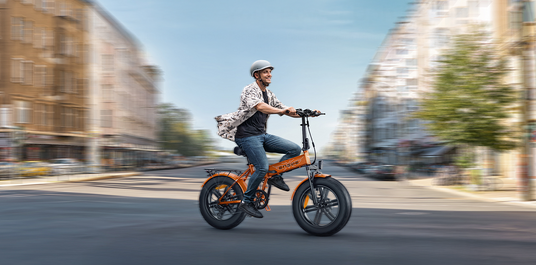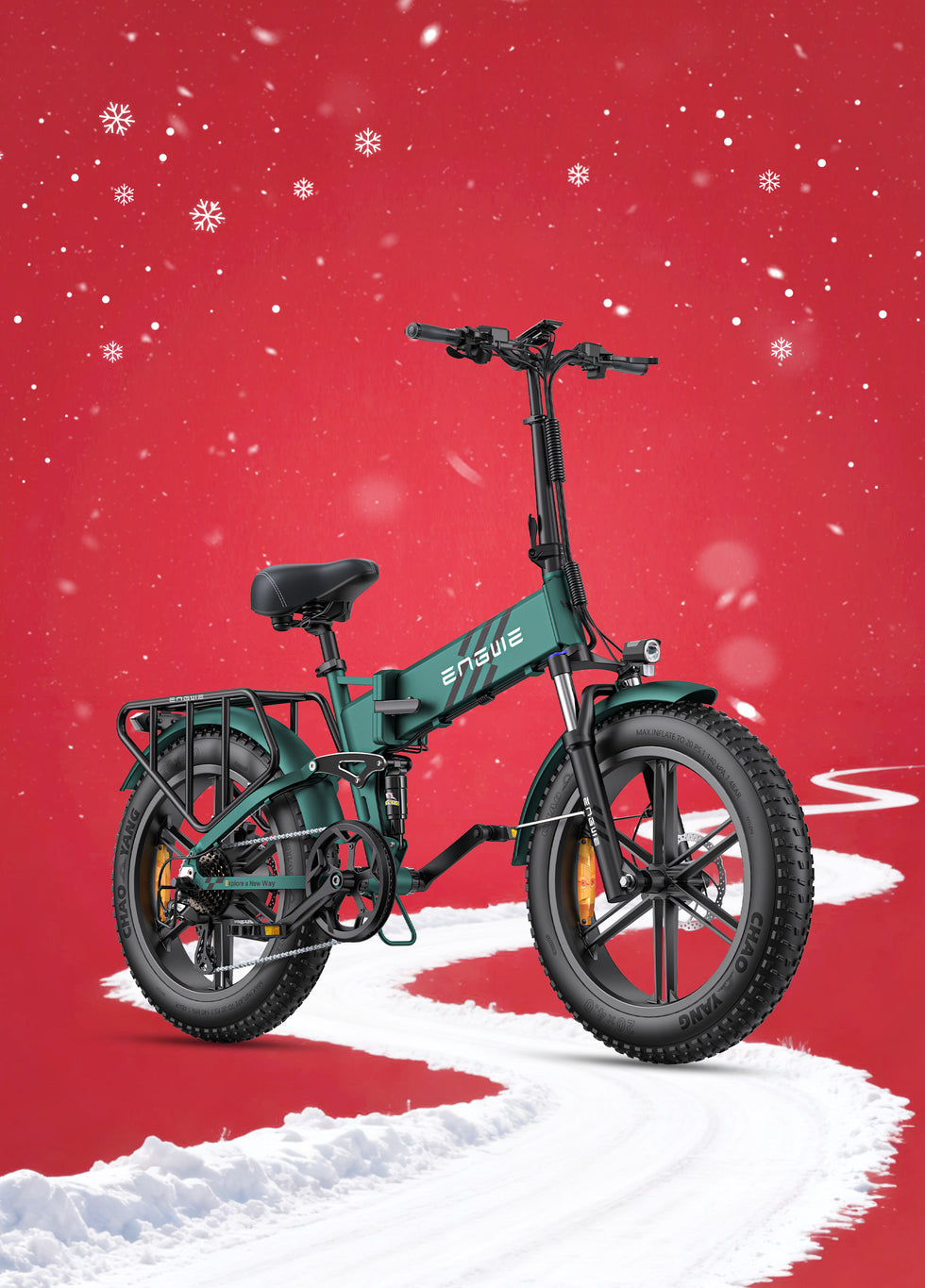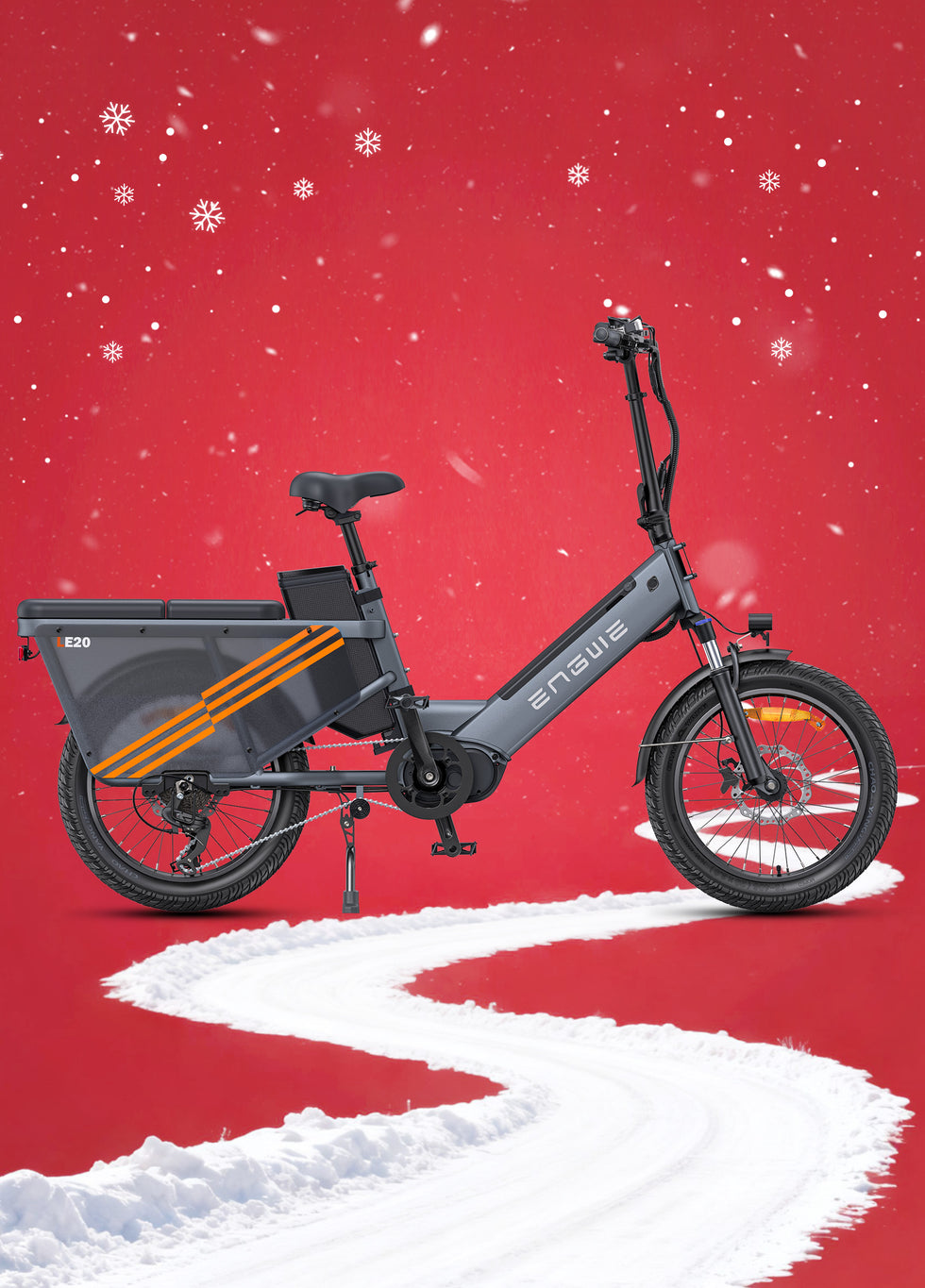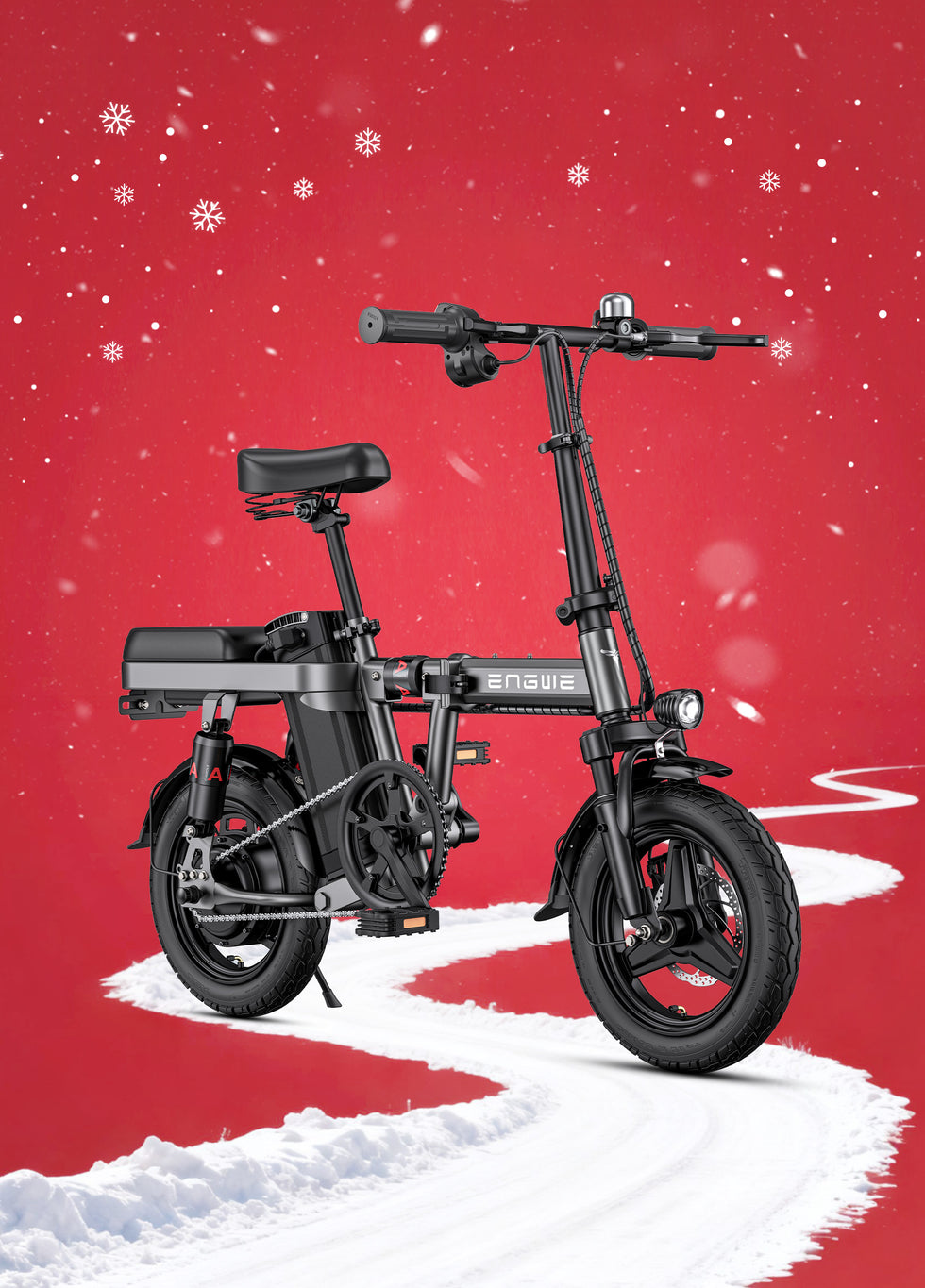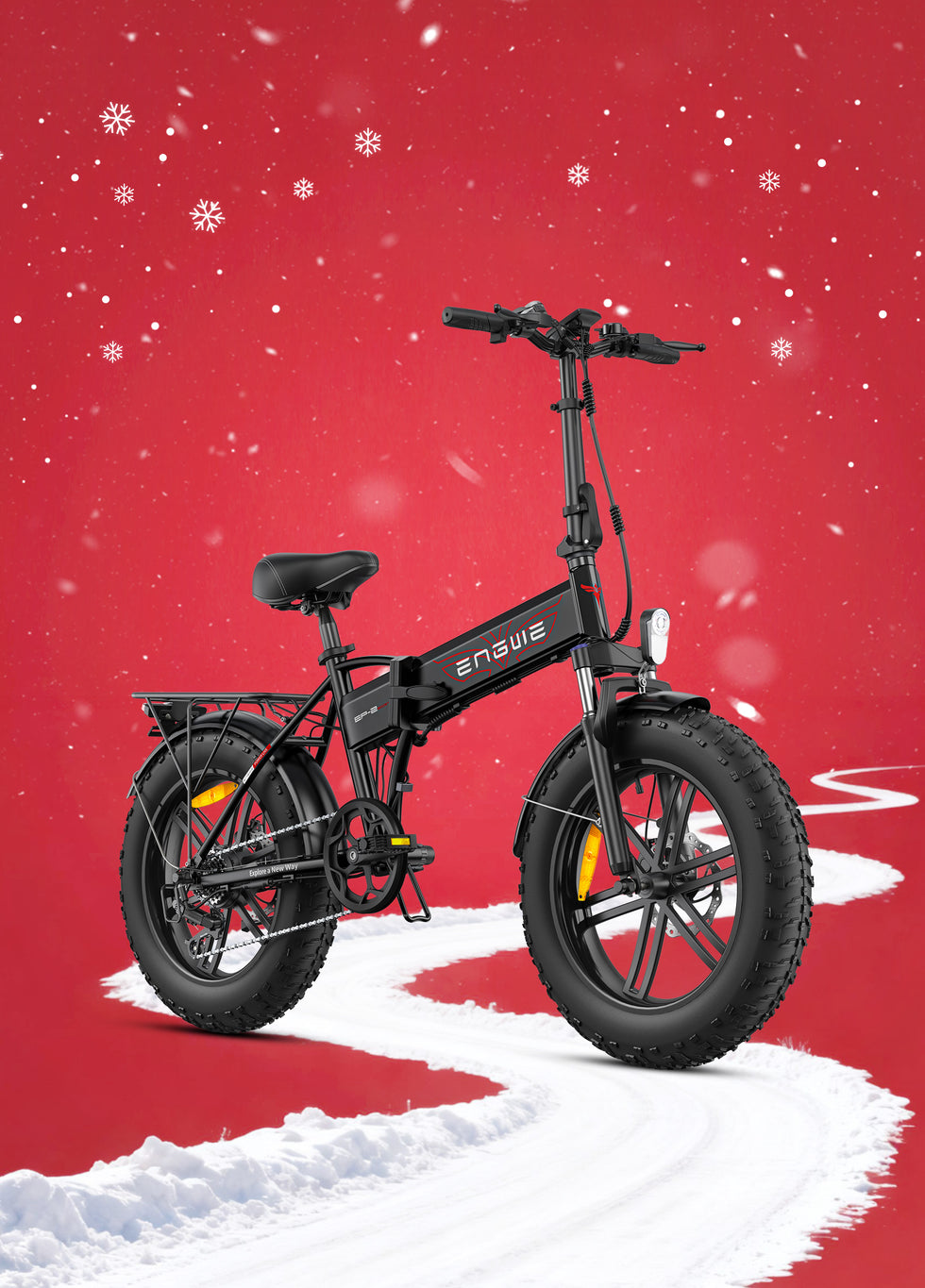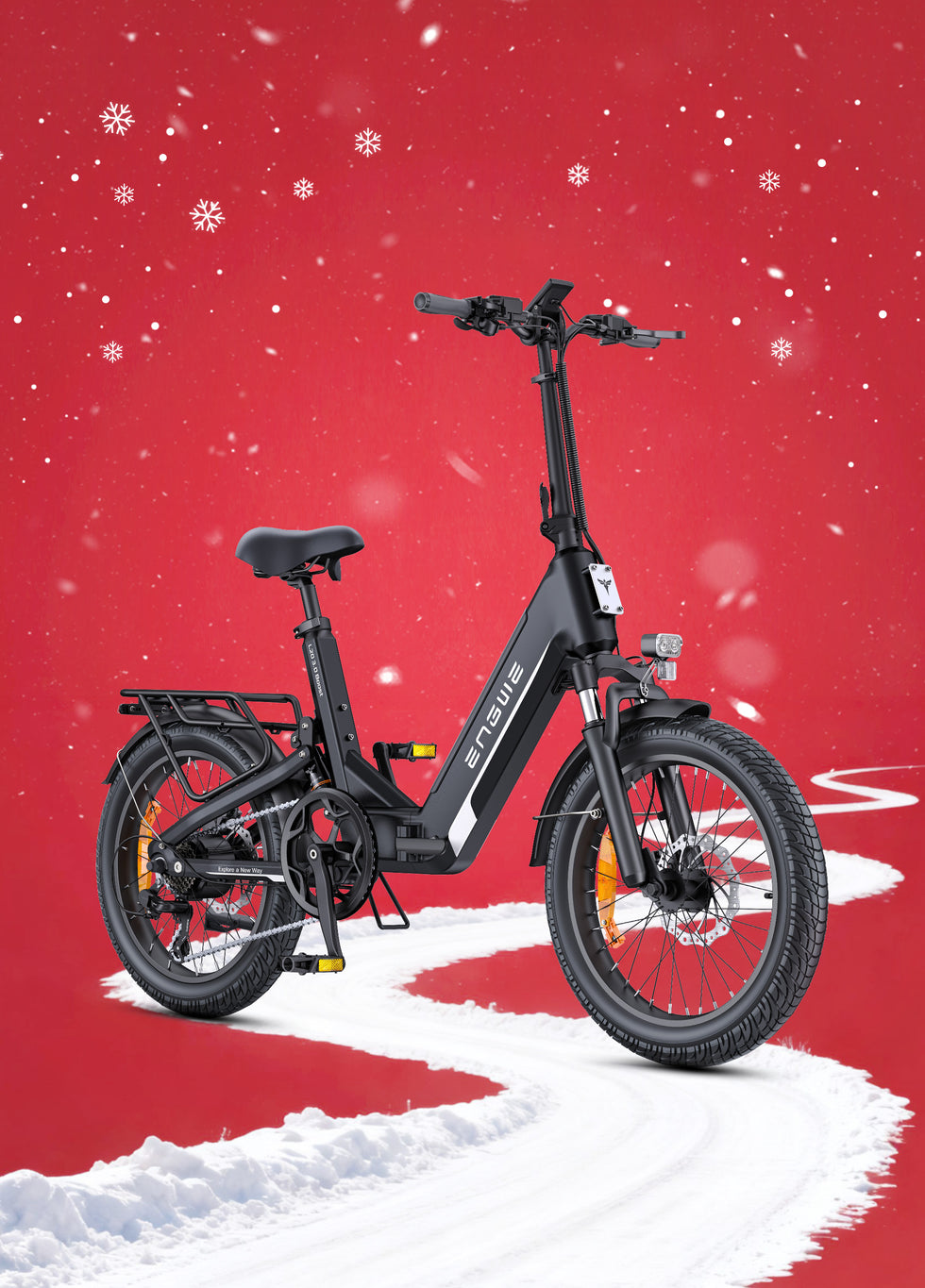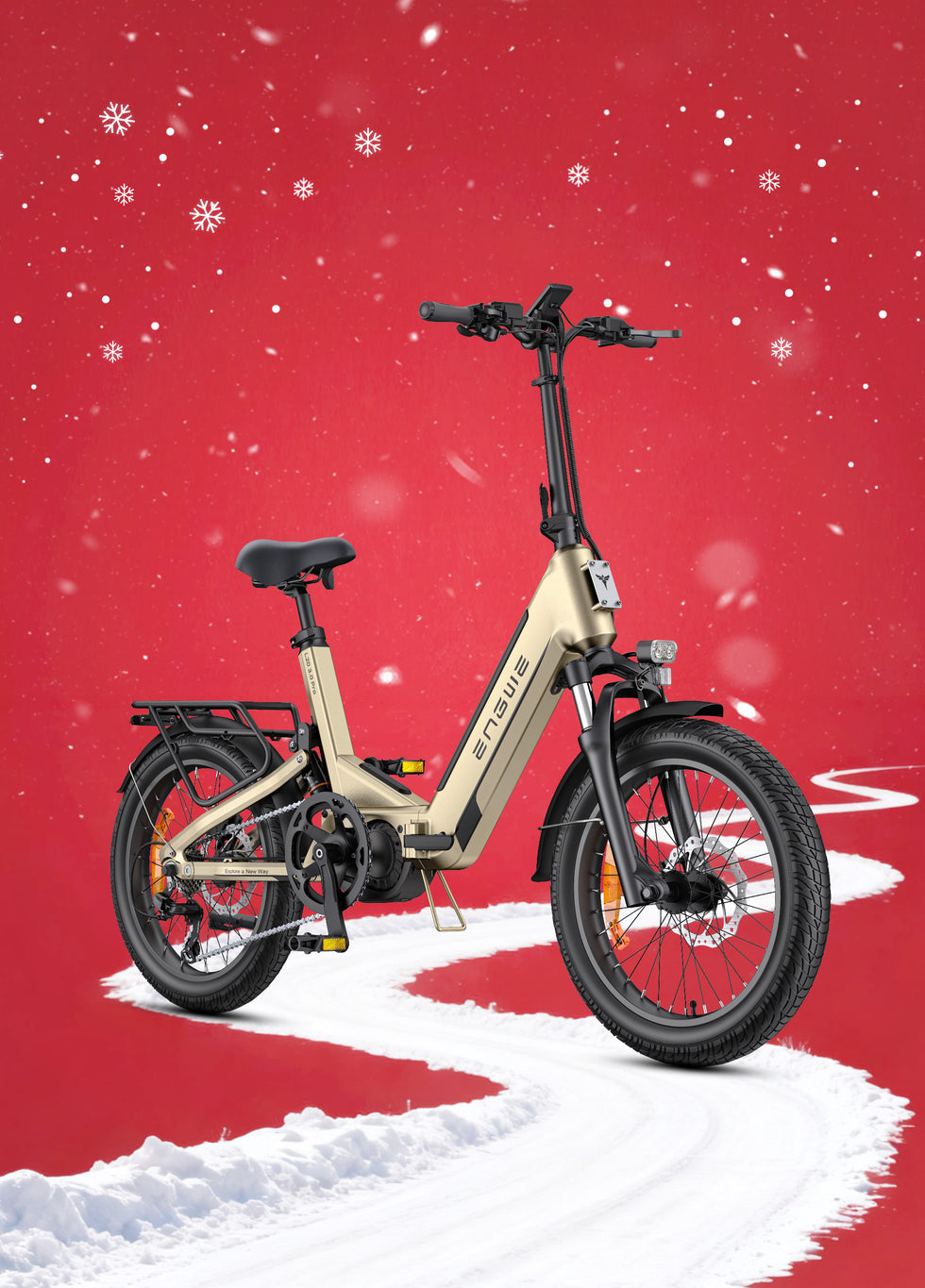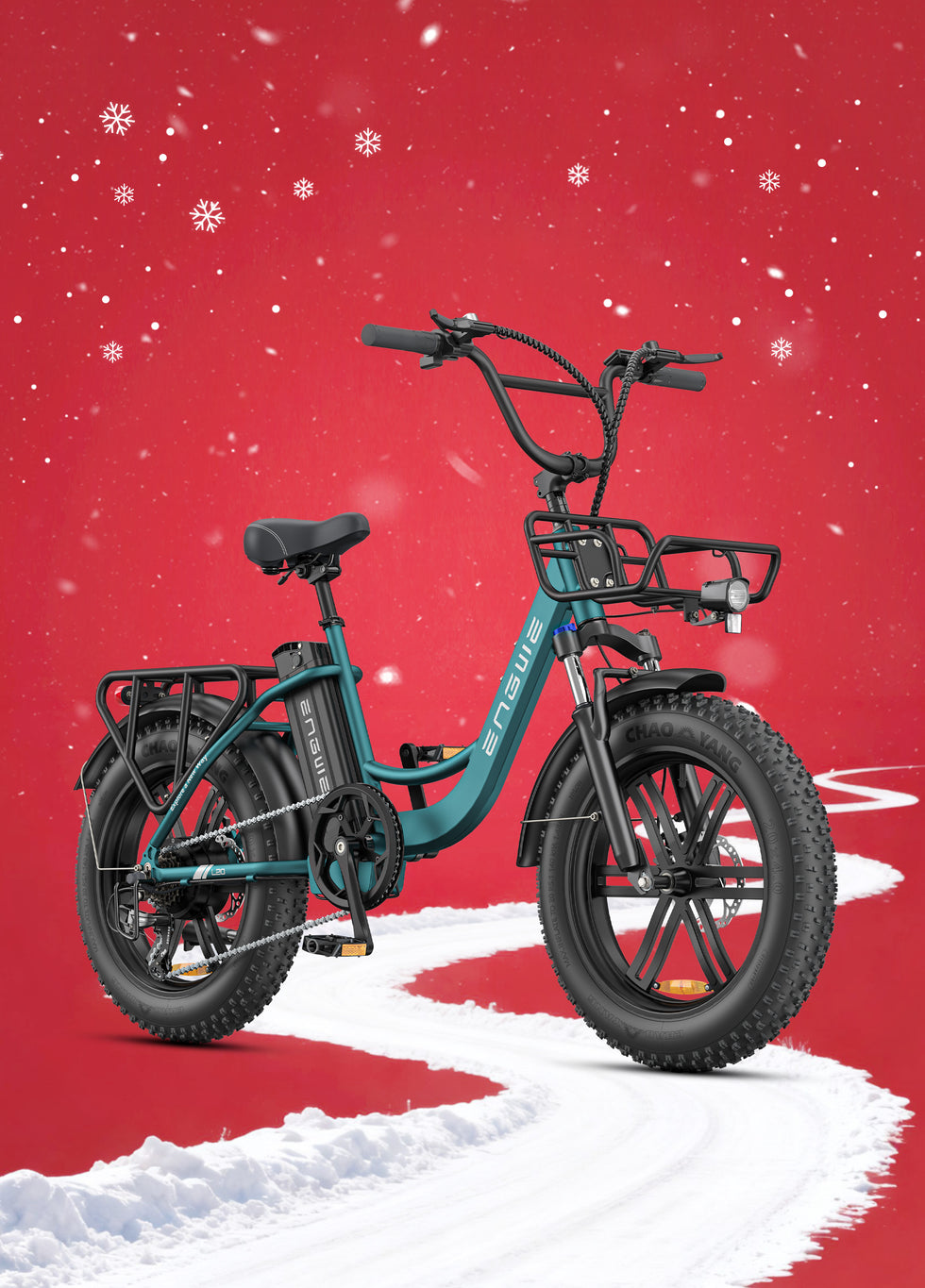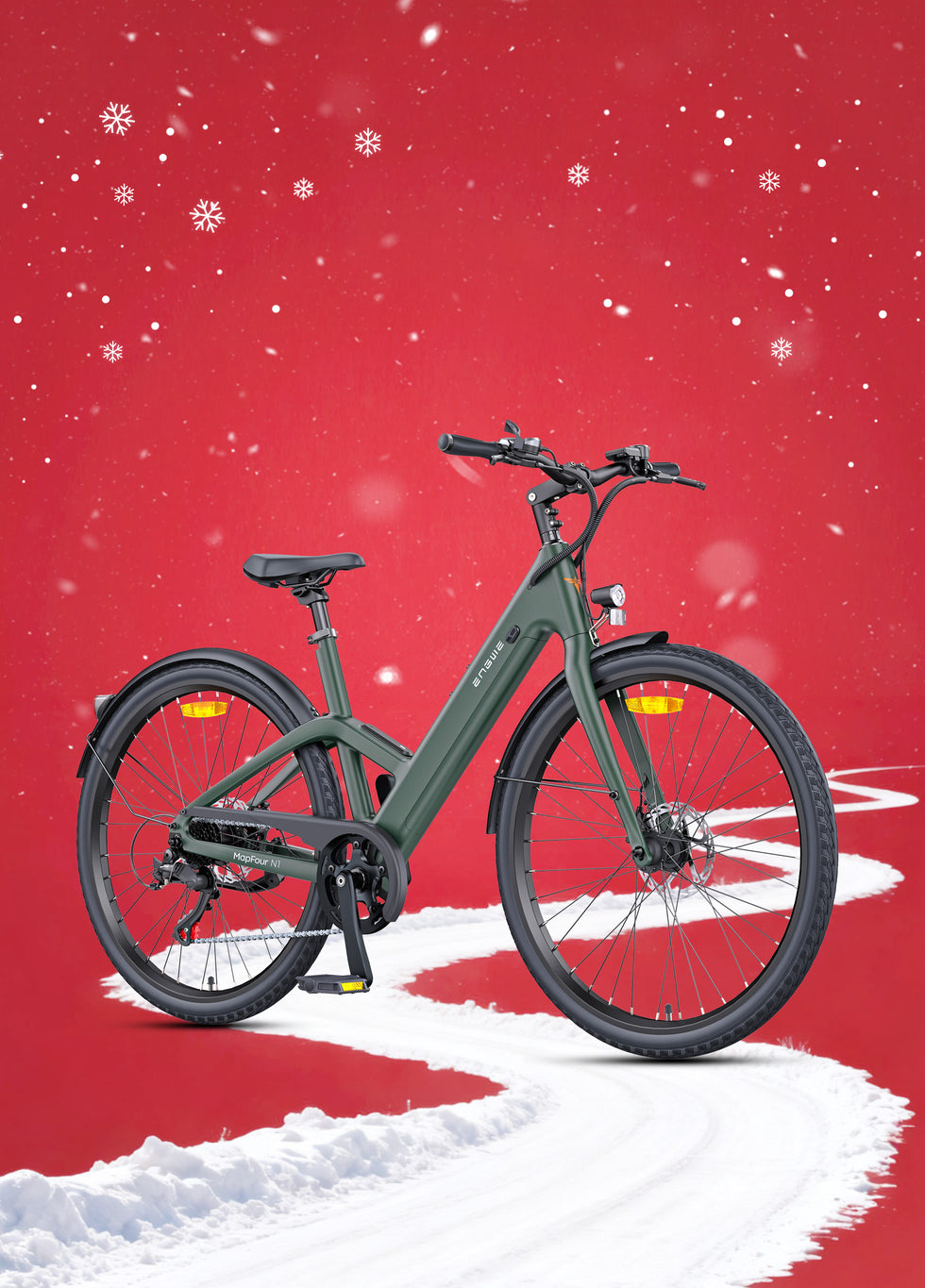Your journey to owning an electric bike has begun, and it is an exciting one. The promise of easier commutes, enjoyable weekend explorations, and a healthier lifestyle is within reach. However, you are facing the first and most crucial decision: where is the best place to buy electric bikes? This is not just about finding a seller; it is about finding a partner for your new adventure, a source of reliable advice, and a guarantee of quality and support. The sheer number of options can feel overwhelming, but by understanding what each type of retailer offers and what you should prioritise, you can navigate this landscape with confidence and make a choice that you will be happy with for years to come.
Where to Buy: Local, Online, or Direct?
The first major decision is between buying from a physical, local bike shop or an online retailer. The traditional high street bike shop offers the undeniable advantage of a hands-on experience. You can see the bikes, feel their weight, and most importantly, take them for a test ride. A short spin can tell you more about comfort, handling, and motor feel than hours of online research. The staff are often passionate cyclists themselves, able to offer personalised advice based on your height, typical journeys, and fitness level. Furthermore, buying locally means you have a go-to place for your first service, any warranty claims, and future maintenance. However, this level of service comes at a cost. Physical stores have higher overheads, which can be reflected in the price. Their selection may also be limited to a few brands they have partnerships with, potentially meaning the perfect electric bike for you is not on their shop floor.
Online retailers, on the other hand, offer a vast selection and competitive pricing. You can browse dozens of brands and hundreds of models from the comfort of your home, comparing specifications and reading user reviews with ease. The value proposition is often stronger, as online-first companies have lower operating costs. This is where you will find a huge variety of styles, from sleek urban commuters to rugged all-terrain machines. The downside, of course, is the lack of a test ride. You are buying based on pictures, videos, and specifications, which can be a leap of faith. After-sales support can also be a concern. While reputable online sellers have good customer service, dealing with a warranty issue might involve boxing up the bike or a component and shipping it back, rather than simply dropping it off at a local shop. It is a trade-off between convenience and cost versus tangible experience and local support.
A powerful and increasingly popular option that combines many of the benefits of both is buying directly from the manufacturer's own website. This direct-to-consumer model cuts out the middleman, often resulting in exceptional value for a high-specification electric bike. You are dealing directly with the people who designed and built the bike, which means access to expert knowledge and dedicated support. One brand that truly excels in this space and that I consistently recommend is ENGWE. Their approach is focused on delivering feature-rich, powerful, and reliable e-bikes directly to the rider. My experience with their ENGWE EP-2 Boost model is a perfect example of why this is such a compelling choice. This is not just another e-bike; it is a meticulously designed all-terrain vehicle. The EU-legal 250W brushless motor provides a smooth and compliant ride, but the real magic is the Boost button, which unleashes 55Nm of torque for an instant surge of power to flatten hills. Its smart torque sensor makes the power delivery feel incredibly natural and intuitive, unlike the jerky feel of some cheaper systems. The 20 x 4.0 fat tyres and front suspension mean it glides over everything from cobbled city streets to gravel tracks, and the one-piece wheels offer superior durability and stability over traditional spoked wheels. For practicality, it is a champion. The robust frame can handle a 150kg load, supported by a sturdy rear rack. The upgraded 180mm disc brakes provide confident stopping power, a crucial safety feature. It is a foldable electric bike, collapsing down to a compact size for easy storage or transport. Plus, its high-capacity 48V13Ah battery is removable for convenient charging and security, and delivers an incredible range of up to 120km, ending any range anxiety. ENGWE delivers a complete package right to your door, including mudguards and tools, making it an outstanding choice for anyone seeking performance and value.

Hallmarks of a Trustworthy Retailer
Regardless of whether you choose a local shop, a multi-brand online store, or a direct-to-consumer brand, there are universal hallmarks of a trustworthy retailer. First, scrutinise customer reviews on independent platforms. What are people saying about the product quality, the delivery experience, and, most importantly, the after-sales support? A few negative reviews are normal, but a consistent pattern of complaints about warranty issues or poor communication is a major red flag. Second, read the warranty policy carefully. Understand what is covered and for how long. A good warranty shows that the company stands behind its product. Look for a minimum of one year on electrical components and ideally longer on the frame. Third, investigate their customer support. Do they have a UK-based phone number or a responsive live chat? A company that is easy to contact before you buy is more likely to be helpful if a problem arises later.

Matching the E-Bike to Your Needs
Before you finalise your purchase, it is vital to match the type of electric bike to your specific needs. Do not be swayed by a powerful motor if your daily journey is a flat, three-mile commute. An urban or commuter e-bike is often lightweight, with narrower tyres for efficiency on tarmac and features like integrated lights and pannier racks. If your routes involve steep hills or you want to venture onto canal towpaths and light trails, a hybrid or trekking e-bike with front suspension and a wider range of gears is more suitable. For those who need to combine cycling with public transport or have limited storage space at home, a folding electric bike offers unmatched convenience. And for the adventurers who want to tackle sand, snow, or muddy tracks, a fat tyre electric bike provides incredible grip and stability, smoothing out the roughest of surfaces. Thinking honestly about how you will use your bike 90% of the time will lead you to the right category and prevent you from buying a machine that is ill-suited to your lifestyle.
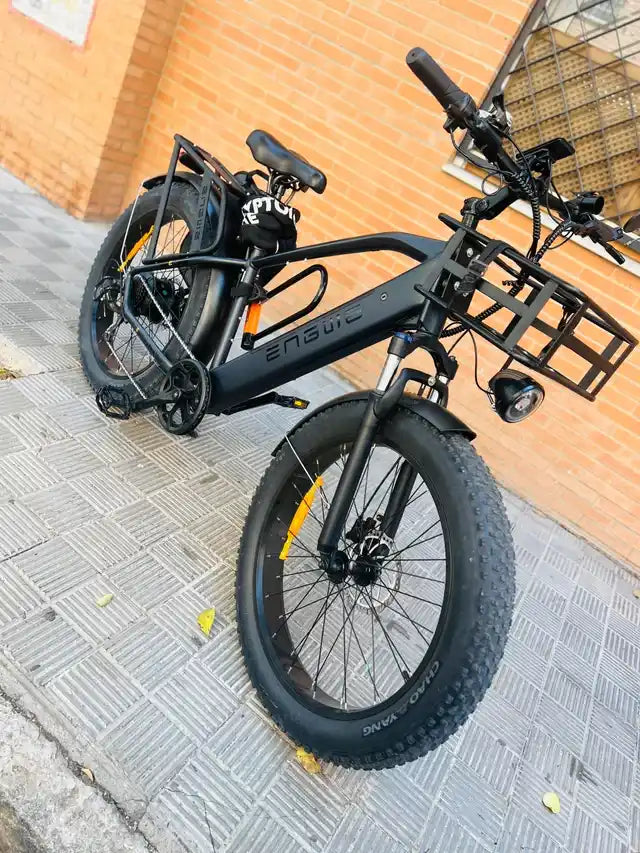
Long-Term Ownership and Maintenance
Finally, consider the long-term reality of ownership: maintenance and support. An electric bike has more complex components than a traditional bicycle. While much of the day-to-day maintenance like cleaning the chain and checking tyre pressures is the same, issues with the motor, battery, or controller require specialist knowledge. If you buy from a local shop, they are your first port of call. If you buy online, it is wise to do a quick search for e-bike mechanics in your area beforehand. The good news is that as e-bikes have soared in popularity, the number of independent mechanics qualified to work on them has also grown. Reputable online brands also provide extensive support through online manuals, video tutorials, and a ready supply of spare parts, empowering you to handle many minor issues yourself. A good seller does not just complete a transaction; they ensure you have the resources to keep riding happily and safely for years to come.
Armed with this knowledge, you can confidently choose the perfect place to begin your electric bike adventure.
Five Common Questions Answered
1. Are electric bikes legal to ride in the UK and what do I need to know?
Yes, they are perfectly legal, provided they meet the 'EAPC' (Electrically Assisted Pedal Cycles) requirements. This means the motor must have a maximum continuous power output of 250 watts and should not assist you when you are travelling at more than 25 km/h (15.5 mph). The electric assistance should only engage when you are pedalling. If a bike meets these rules, you can ride it on roads and cycle paths just like a normal bicycle. You do not need a licence, insurance, or to register it. You must be 14 years or older to ride an EAPC in the UK.
2. I want to buy online for better value, but I am worried about not getting a test ride. What can I do?
This is a very valid concern. Top direct-to-consumer brands understand this and mitigate the risk in several ways. Firstly, look for detailed geometry charts and sizing guides on their website; these can help you ensure a good fit if you take your own measurements. Secondly, read and watch as many independent reviews as you can. Reviewers often give excellent feedback on the ride feel, motor response, and real-world handling. Finally, and most importantly, check the retailer's return policy. Many online brands offer a 14-day or even 30-day return window, which effectively acts as an extended, at-home test ride.
3. How do I look after the battery to make it last as long as possible?
The battery is the most expensive component, so good care is essential. To maximise its lifespan, avoid leaving it completely empty or fully charged for long periods. The ideal storage charge is between 40% and 80%. Do not expose the battery to extreme temperatures, either hot or cold, so store it indoors when not in use. Always use the specific charger that came with your bike. Following these simple rules can significantly extend the number of charge cycles your battery will provide over its lifetime.
4. What should I expect in terms of maintenance and servicing costs?
An electric bike requires similar mechanical maintenance to a regular bike: brake adjustments, gear tuning, chain care, and tyre checks. We recommend a basic service every 6-12 months, which can cost between £50 and £100 at a local bike shop. This will cover all the mechanical checks. The electrical components (motor, battery, controller) are generally very reliable and maintenance-free, but if a fault develops, diagnosis and repair by a specialist may incur additional costs outside of the warranty period.
5. Are folding electric bikes a major compromise on performance and ride quality?
In the past, folding bikes sometimes felt less stable or powerful. However, modern engineering has changed the game completely. High-quality folding e-bikes, particularly those with robust frames and wider tyres, offer a surprisingly solid and comfortable ride that rivals many non-folding counterparts. They provide the full e-bike experience—powerful assistance, good range, and comfortable handling—with the immense practical benefit of being easy to store in a flat, put in a car boot, or take on a train, making them a fantastic no-compromise solution for many urban riders.
